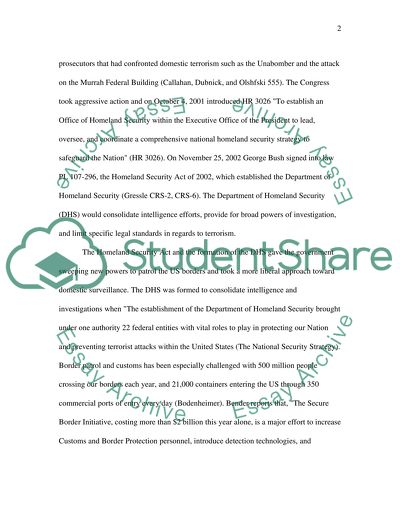Cite this document
(“Homeland Security Essay Example | Topics and Well Written Essays - 1500 words”, n.d.)
Retrieved de https://studentshare.org/social-science/1525433-homeland-security
Retrieved de https://studentshare.org/social-science/1525433-homeland-security
(Homeland Security Essay Example | Topics and Well Written Essays - 1500 Words)
https://studentshare.org/social-science/1525433-homeland-security.
https://studentshare.org/social-science/1525433-homeland-security.
“Homeland Security Essay Example | Topics and Well Written Essays - 1500 Words”, n.d. https://studentshare.org/social-science/1525433-homeland-security.


